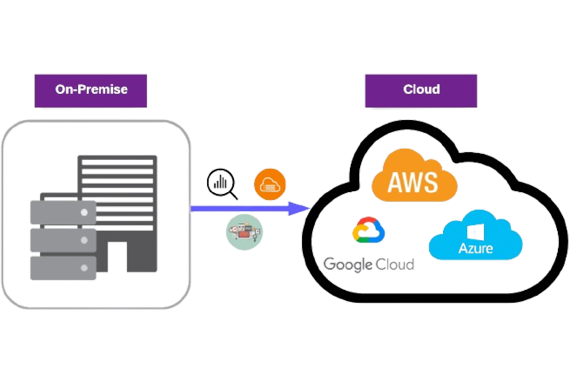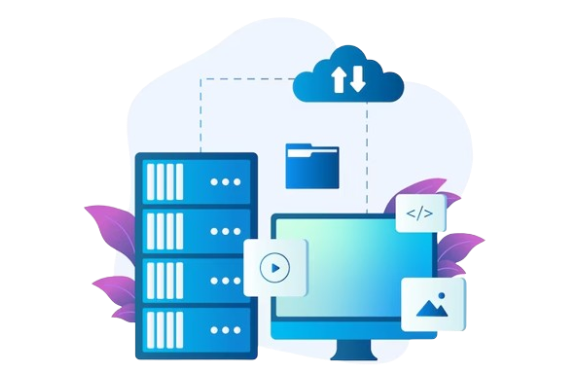Infrastructure
Infrastructure is the backbone of modern societies, encompassing the physical and organizational systems that support essential functions and services. It includes transportation networks (roads, bridges, and public transit), utilities (water supply, electricity, and telecommunications), public facilities (schools and hospitals), and more. A well-developed infrastructure is vital for economic growth, public safety, and the quality of life.
Infrastructure projects, whether they involve building new structures, upgrading existing ones, or maintaining critical systems, require significant investments and careful planning. Governments, private organizations, and public-private partnerships often collaborate to fund and execute these projects.
In recent years, there has been a growing emphasis on sustainable infrastructure that considers environmental impact and long-term resilience. Smart infrastructure, incorporating technology for efficient management and connectivity, is also gaining prominence.
As populations grow and urbanization continues, the importance of robust and sustainable infrastructure becomes even more evident, as it directly impacts economic development, public health, and overall well-being.


Cloud hosting
Cloud hosting, a cornerstone of modern infrastructure, revolutionizes the way businesses manage their IT resources. By leveraging remote servers hosted on the internet, companies gain unparalleled flexibility, scalability, and cost-efficiency. Cloud hosting providers, such as Amazon Web Services (AWS), Microsoft Azure, and Google Cloud Platform, offer a vast array of services, from computing power to storage solutions. This technology eliminates the need for physical hardware, reducing maintenance costs and ensuring high availability. Businesses can effortlessly scale resources up or down based on demand, promoting agility. Moreover, cloud hosting enhances data security, with providers implementing robust encryption and compliance measures. Embracing cloud infrastructure empowers businesses with a dynamic, reliable, and scalable IT environment.
Cloud Migration
Cloud Migration


Cloud applications
Cloud applications, pivotal in modern computing, are software programs accessible via the internet, eliminating the need for local installations. Hosted on cloud infrastructure, these applications, like Google Workspace, Microsoft 365, and Salesforce, offer immense flexibility and collaboration opportunities. They facilitate seamless teamwork, enabling real-time document editing, communication, and project management. Cloud applications enhance scalability, allowing businesses to adapt resources as needed, reducing costs and boosting efficiency. Moreover, they streamline updates and maintenance, ensuring users always access the latest features. With robust security measures and data encryption, cloud applications provide a secure environment for critical business operations. Embracing these innovative tools revolutionizes workflow, fostering productivity and innovation.
